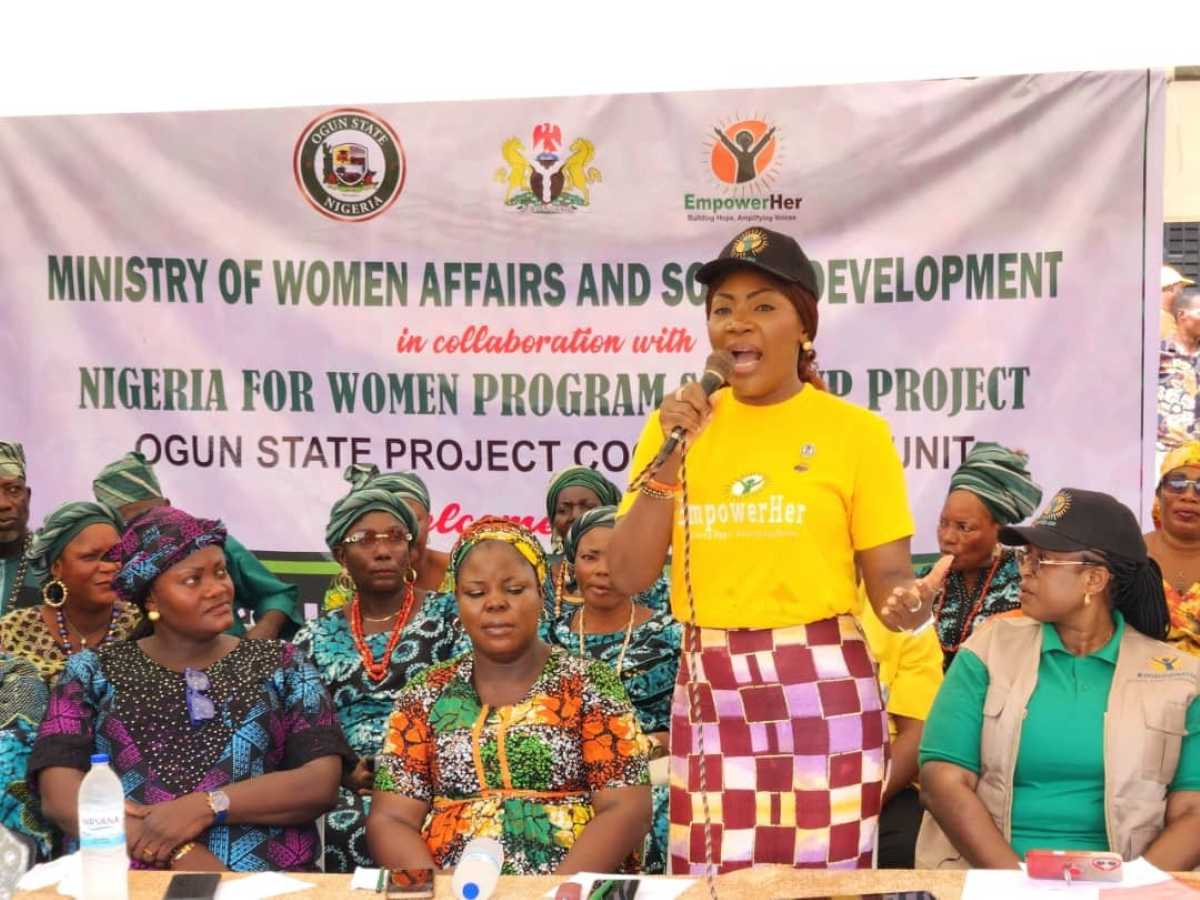
Justice sector stakeholders have advocated for the use of technology to collect and document evidence to combat sexual and gender-based violence in Nigeria.
This, according to them, is a crucial step in improving the efficiency and effectiveness of justice delivery in cases of sexual and gender-based violence across the country.
They noted that inadequate evidence collection and documentation significantly hinders the prosecution and conviction of sexual and gender-based violence cases, resulting in fewer successful outcomes.
They, therefore, called on all critical stakeholders, including private sector, civil society organisations, agencies of government like the Nigeria Police Force, National Agency for the Prohibition of Trafficking in Persons (NAPTIP), and others, to leverage various technological solutions in the management of SGBV cases.
Speaking in Abuja, during the 10th Network Conference of Sexual Assault Referral Centres (SARCs) organised by the European Union-funded Rule of Law and Anti-corruption (RoLAC) Programme, in collaboration with the Federal Ministry of Justice Sexual and Gender-based Violence Response Unit, Justice Rahman Oshodi, Judge, High Court of Lagos State, revealed that Lagos State Judiciary has embraced various technological solutions to enhance the adjudication of SGBV cases, including case management systems, evidence collection and management, and crime scene documentation.
He said, “Integrating digital case management systems, e-filing, and digital evidence collection and documentation, as exemplified by the Lagos State Judiciary’s initiatives, can significantly enhance the efficiency and effectiveness of SGBV justice delivery.
“Notably, using the Scriber application by the police for real-time video recording and transcription of testimonies should be encouraged to ensure accurate recording and preservation of evidence.”
He explained that the administration of the criminal justice system in all states must take a holistic approach to ensure positive justice outcomes for SGBV survivors.
“The establishment of specialised SGBV courts with trained personnel, survivor-centric facilities, and technological adaptations, such as video-conferencing, are critical to providing a sensitive and effective justice process for SGBV survivors.
“Meticulous investigation and trial preparation, including witness preparation, the anticipation of defence strategies, and clear articulation of all legal elements are essential to successful SGBV prosecutions,” he added.
In his remarks, the Deputy Director of Public Prosecutions, Ekiti State Ministry of Justice, Felix Awoniyi, stressed that investigation is very central to the successful prosecution of cases of SGBV.
“The police institution is the first respondent when an offence of this nature is committed. It is what the police investigates that will be transmitted to our office, which we will work upon to generate legal opinion, and write a final legal advice to the police.
“At times, we pick up the investigation file transmitted to us, and as we go through it, we observe that there are a lot of things that the police do not consider important.
“To the police, it may be minute, but to us as prosecutors, they are very germane. We sometimes discover that they are missing in the investigation file.
“Investigation cannot be treated with levity. While security agencies like the police are doing a fantastic job, and we give kudos to them, however, we believe that the largest room is the room for improvement in any institution.”






